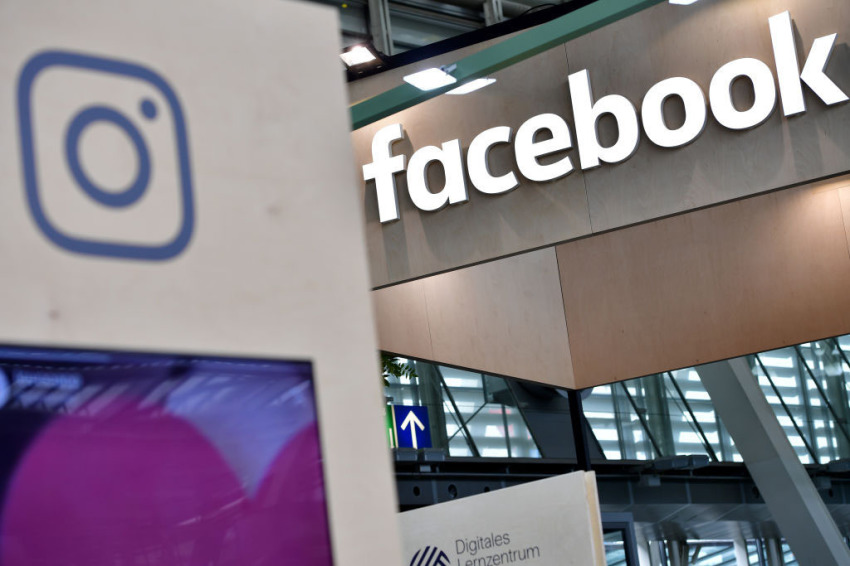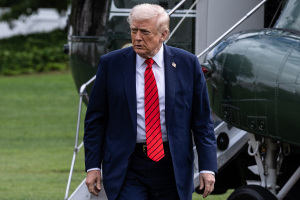Facebook is banning Christians but allowing sex traffickers on platform, says Movieguide’s Ted Baehr

While Facebook is known for cracking down on accounts linked to Christians and politically conservative individuals and groups, the platform is doing little to stop criminal organizations that use the networking site to profit off sex trafficking, said entertainment critic Ted Baehr.
The connection between human trafficking and drug cartels on social media is a “gigantic” problem, Baehr told CBN News.
“I was one of the founding board members of the National Coalition on Sexual Exploitation. It’s been a bigger and bigger problem, especially when we talk about the crackdown on conservative sites or Christian sites,” he said. “Because they say on Facebook that the cost of doing business in Africa and the Middle East is allowing all of these different businesses to use it. These businesses are sex slavery. These businesses are trafficking.”
Facebook employees sent numerous alerts to their bosses to report on human traffickers in the Middle East and armed groups in Ethiopia that are using the platform for sex trafficking and inciting violence against ethnic minorities, according to internal documents released by The Wall Street Journal in an investigative report.
Facebook was informed that a Mexican drug cartel was using the platform to recruit, train and pay hitmen, but the company didn’t stop the cartel from posting on Facebook or Instagram, the documents show.
“Anybody will tell you who’s concerned about this issue that there’s more slavery today than there’s ever been in terms of sex slavery," Baehr said. "So these cartels are using Facebook. Facebook has said, ‘We are going to address the issue.’ They’ve never really addressed it.”
For Facebook, harm in developing countries is “simply the cost of doing business,” Brian Boland, a former Facebook vice president who oversaw partnerships with internet providers in Africa and Asia before resigning last year, told the Journal.
Facebook’s safety efforts are focused on wealthier markets with powerful governments and media institutions, he added, noting that more than 90% of monthly users are now outside the U.S. and Canada.
“There is very rarely a significant, concerted effort to invest in fixing those areas,” he added.
In the U.S., Facebook and other social media platforms use Section 230 of the U.S. Communications Decency Act to protect themselves from lawsuits over what users post online. One of the clauses of Section 230 states that what users say or write online is not akin to a publisher conveying the same message. However, the same clause that shields online platforms from liability is often used to ban conservative viewpoints.
In 2018, Facebook restricted Republican congressional candidate Elizabeth Heng’s campaign from placing a video ad, deeming it too “shocking, disrespectful or sensational” because it featured her American immigrant parents who survived brutalities by the Khmer Rouge communists during the Cambodian Civil War.
In 2017, a Christian mother said Facebook censored her page, which was suspended over posts on what the Bible says about homosexuality and sin.



























